

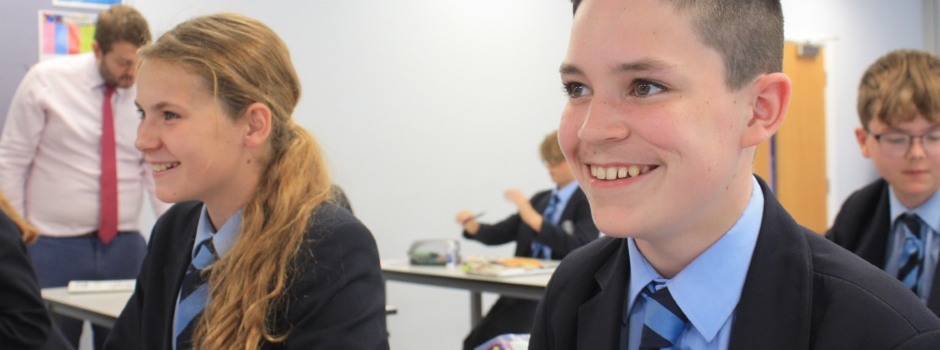

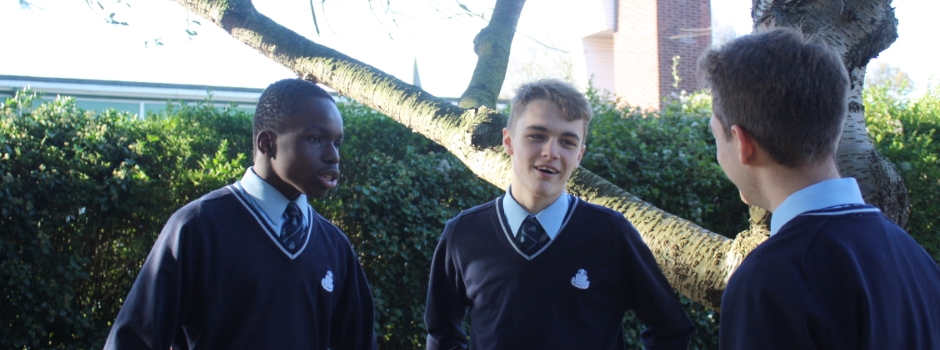





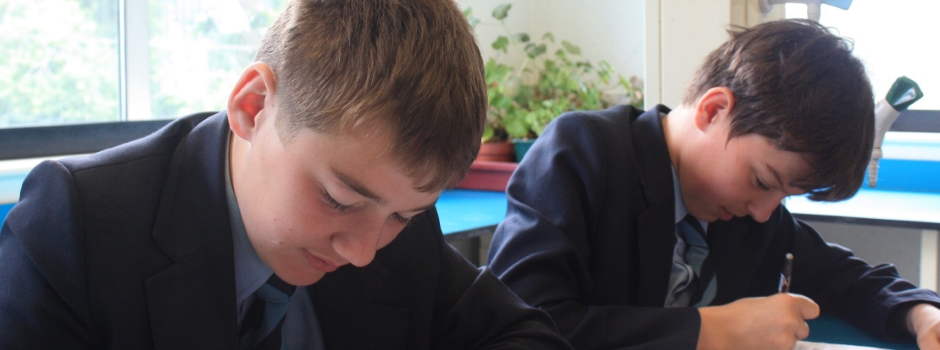
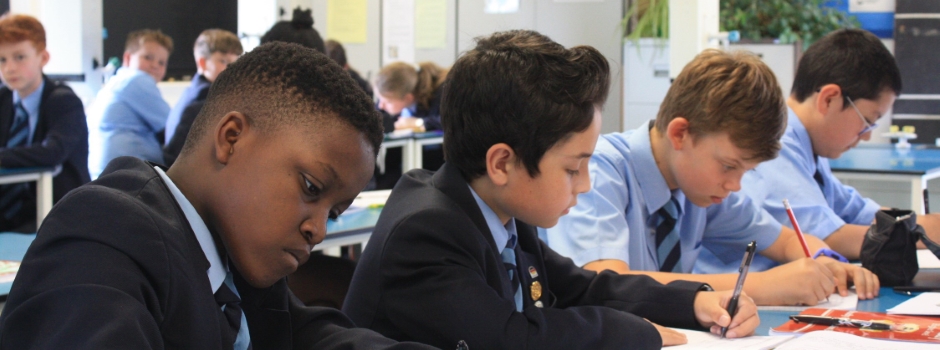
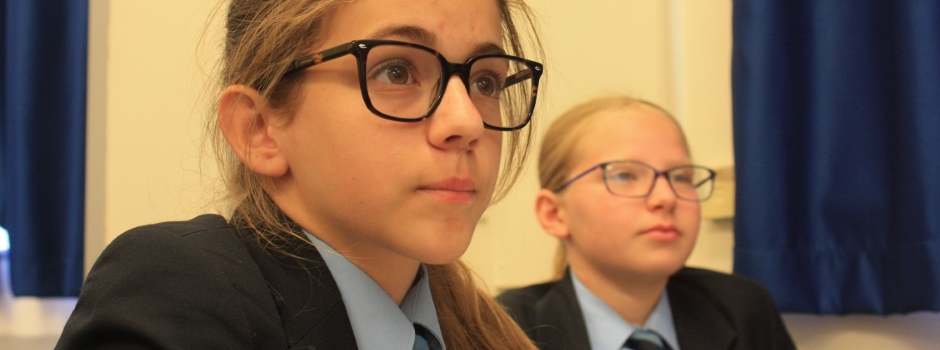



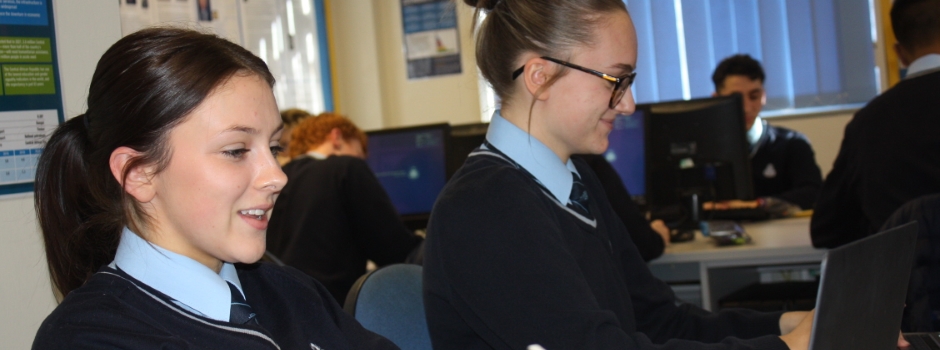



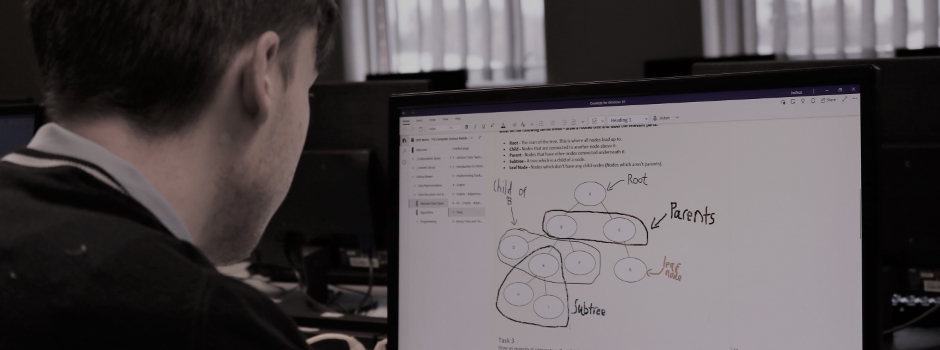








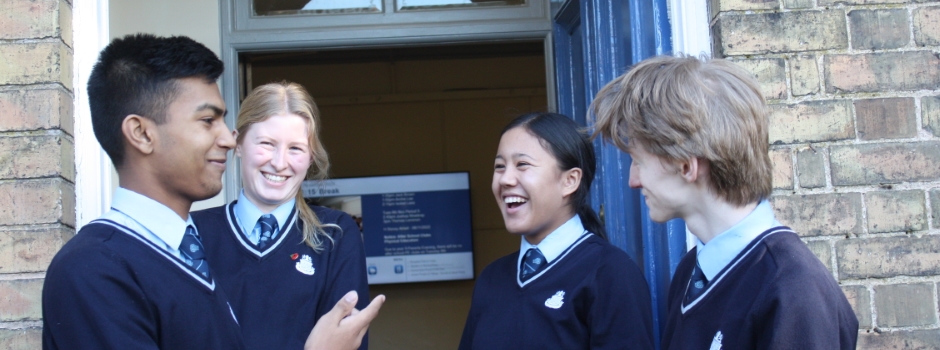



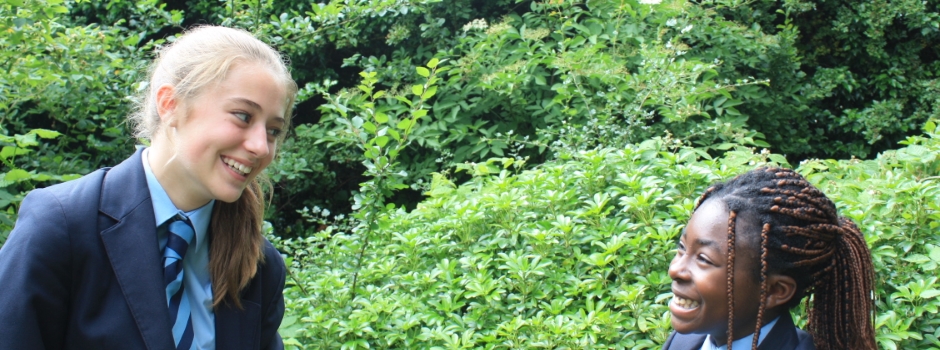















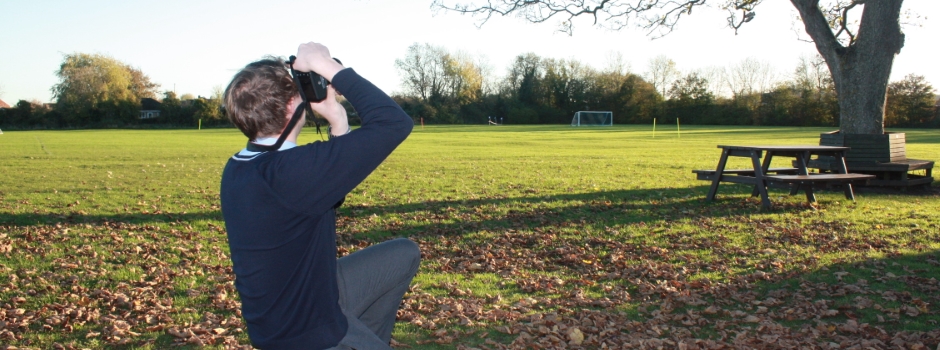


"We cannot thank you enough. You never stopped believing in our dreams."
Social Science Dept - Curriculum on a Page
Showing the curriculum by subject
Psychology
Curriculum Details - 2024/2025 (Current)
| Year | Term 1 | Term 2 | Term 3 | Term 4 | Term 5 | Term 6 |
| 12 | Social Influence - Types/explanations of conformity, obedience, resistance to social influence and the role of social influence processes in social change. Studies - Asch, Zimbardo, Milgram. Research methods - experimental methods, scientific processes, data handling and analysis | Attachment - Caregiver-infant interactions in humans, animal studies, types/explanations of attachment and the influence of early attachment on relationships. Studies - Schaffer, Lorenz, Harlow, Bowlby. Research methods - experimental methods, scientific processes, data handling and analysis | Psychopathology - Definitions of abnormality, the behavioural/emotional/cognitive characteristics of phobias, depression and OCD. Studies - Beck, Ellis, Jahoda, Research methods - experimental methods, scientific processes, data handling and analysis | Memory - The multi-store model of memory, long-term memory, working memory model, explanations for forgetting/accuracy of eyewitness testimony Studies - Peterson and Peterson, Baddeley, Loftus and Palmer Research methods - experimental methods, scientific processes, data handling and analysis | Approaches - Learning and comparison of the different approaches (behaviourist, cognitive, biological, psychodynamic) Studies - Wundt, Pavlov, Skinner, Bandura, Maslow Research methods - experimental methods, scientific processes, data handling and analysis | BioPsychology (Year 12) - the nervous and endocrine system, flight/fight response, ways of studying the brain and biological rhythms. Research methods - experimental methods, scientific processes, data handling and analysis |
| 13 | Relationships - the evolutionary explanation for partner preference, factors affecting attraction in romantic relationships, theories of romantic relationships, virtual relationships in social media and parasocial relationships. Studies - Buss, Walster, Duck, Joinson, McKenna | Schizophrenia - classification and biological/psychological explanations for Schizophrenia, drug therapy (typical and atypical antipsychotics), cognitive behaviour therapy and family therapy. Interlinking it with the interactionist approach Studies - Diathesis-Stress Model, Chadwick | Forensic Psychology - offender profiling, biological/psychological explanations of offending behaviour, dealing with offending behaviour Biopsychology (Year 13) - function of the brain and hemispheric lateralisation, ways of studying the brain (fMRI, EEGs, ERPs), biological rhythms | Issues and debates - gender and cultural bias, free will and determinism, nature-nurture debate, holism and reductionism, idiographic and nomothetic approaches, ethical implications of research | Revision term - going over Yr12 and 13 topics. Focusing on exam techniques for the longer mark questions. | Study leave and exam period |
Sociology
Curriculum Details - 2024/2025 (Current)
| Year | Term 1 | Term 2 | Term 3 | Term 4 | Term 5 | Term 6 |
| 12 | Families and Households: Theories, social change and state policy. Gender roles, domestic labour and power relations in the family. Childhood and changing status of children. | F&H: Changing patterns of marriage. Personal life and diversity of families and households. Demographic trends since 1900. Migration and globalisation. Education and training: Sociological theories about the role and function of education. Differential achievement by class, gender and ethnicity. | Education continued: Relationships and processes in schools: labelling, setting, subcultures, hidden curriculum. Educational polices and globalisation. | Methods of research: primary and secondary, practical, ethical and theoretical issues that influence topic and method. Theory of research: positivism and interpretivism. | Is sociology a science? Links to the theoretical side of research. | Sociological theories-not linked to topics: Consensus and Control theories, Social Action Theories, Postmodernism and Late Modernism. |
| 13 | Beliefs in society: ideology, science and religion. Social change and religion. Different types of religious organisations. Secularistion debate. | Beliefs continued: the relationship between different social groups and religion. Begin Crime and Deviance: theories-crime, deviance and social order. | The distribution of crime and deviance by ethnicity, social class and gender. Crime control, surveillance, prevention and punishment, victims and the role of the criminal justice system. | Globalisation and crime in contemporary society; the media and crime, green crime and human rights and state crime. Begin revision. | Revision. | External exams |